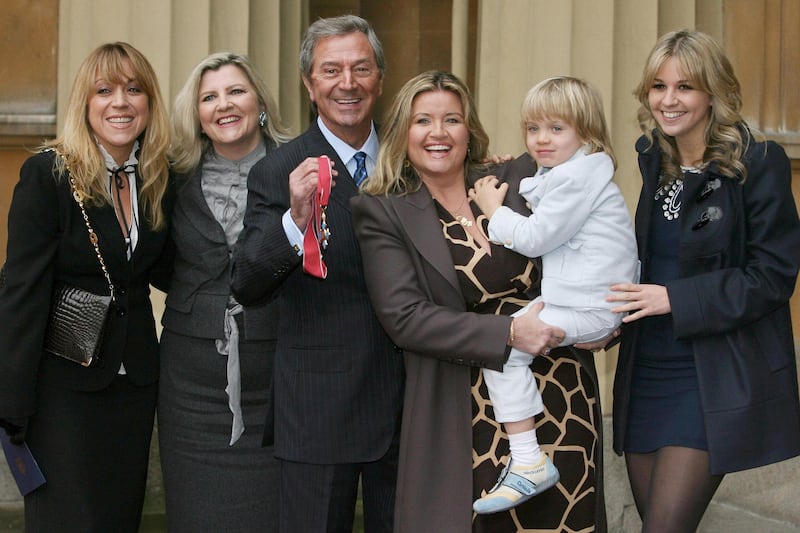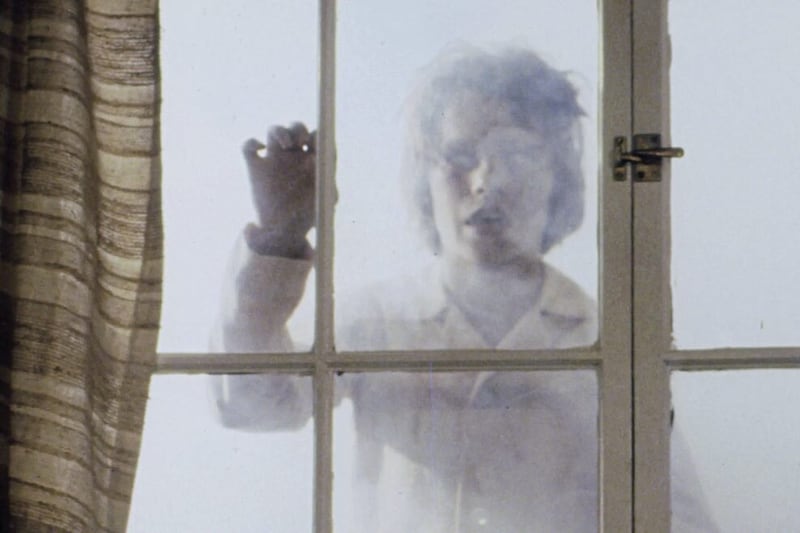COMING on like a Greek tragedy blended with an Irish film noir, Odd Man Out remains perhaps the greatest Belfast-set film to grace the silver screen.
There’s a rare chance to enjoy it the way it was meant to be enjoyed when it screens at the QFT tomorrow at 6.30pm as part of the Made In My Town – Made In Belfast season of film and archive that runs through until February 6.
Originally released in 1947, it’s the tale of a Belfast gunman called Johnny McQueen (played by the always imperious James Mason) who is badly wounded during a robbery and is left on the run from the authorities in his hometown.
From safe houses to The Crown Bar we follow him on his fateful journey. It’s beautifully directed and boasts stunning black and white cinematography from Robert Krasker that portrays the city as a maze of murky shadows and starkly contrasting backdrops.
Poetic and realistic, it’s superficially a simple crime film that’s really a deep and dark study of human nature at its most hard boiled.
It’s also a film that continues to intrigue. It’s said that director Carol Reed (uncle of wild man actor Oliver, fact fans!) chose to adapt FL Green’s 1945 novel for its dark, religious overtones. There’s an inherent seriousness in that storyline and an anti-establishment ethos that lurks in the shadows of the Belfast setting that must have spoken to the film-maker also.
In 1947 the issue of Northern Ireland's 'troubles' and the tales of human conflict that created them must have seemed like strong meat for a committed storyteller like Reed to tackle. Yet, despite the subject matter, Belfast is never mentioned by name in the film and the IRA referenced only as “the organisation”.
Just as odd is the decision to employ the velvet voice of Mason as the anti-hero. Those instantly recognisable tones are always a pleasure but they come with all kinds of Hollywood baggage despite the gentle Irish burr he affects throughout. He feels like a Hollywood heavyweight in a sea of brilliant character actors at times.
There’s also the issue of just how little time McQueen spends on screen but maybe that only adds to the enigma.
It’s also a film of many moods. There’s dark comedy in the sequences where Dennis (Robert Beatty) is hassled by young Belfast street urchins or tries to avoid the approaching lawmen by boarding a tram.
There are moments of real tension such as when Granny (Kitty Kirwan) and Kathleen (Kathleen Ryan) attempt to hide a gun during a police search. Through it all the fantastic supporting cast shine.
There’s also a sense of bleak, fatalistic drama at play as we watch McQueen stumble towards his inevitable fate as time, symbolised by frequent images of the Albert Clock, marches on mercilessly.
In fact the images of post-war Belfast are the real stars here. From that ever watching clock to the gates of Harland and Wolff and the recreation of the Crown Bar, this is a beautiful Belfast film.








